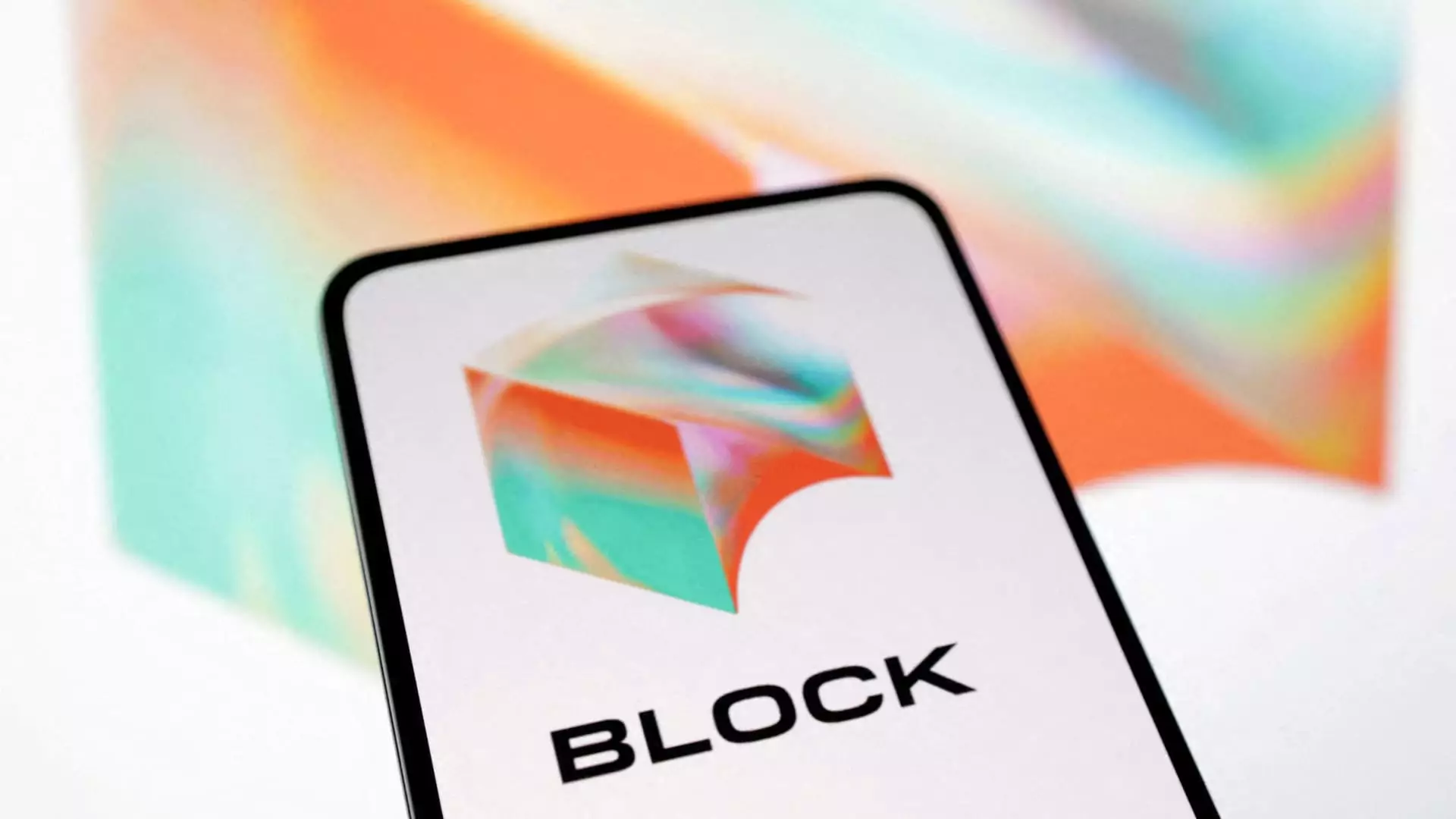In its latest earnings report for the third quarter, Block Inc., the payment processing giant formerly known as Square, revealed results that fell short of analysts’ revenue expectations while maintaining a strong focus on profitability. The company reported an adjusted earnings per share (EPS) of 88 cents, slightly exceeding expectations of 87 cents. However, total revenue of $5.98 billion fell significantly behind the anticipated $6.24 billion, prompting initial after-hours trading losses. As the dust settled, investor sentiment shifted towards the company’s profitability indices, which ultimately aided in stabilizing its stock price.
Block’s Chief Financial Officer, Amrita Ahuja, emphasized a strategic pivot towards gross profit rather than merely revenue figures. The company recorded a gross profit of $2.25 billion, reflecting a year-over-year increase of 19%. This notable climb in gross profit speaks volumes about operational efficiency and cost management, positioning Block favorably against past performances, especially considering that the same quarter last year saw a net loss of $88.7 million.
Net income for the quarter was reported at $283.7 million, translating to 45 cents per share, a promising indicator of the company’s recovery trajectory. The notable rise in profitability seems to resonate well with investors who are increasingly prioritizing long-term growth potential over short-term revenue fluctuations.
A significant driver of this profitability surge is Block’s Cash App business, which contributed $1.31 billion in gross profit, marking a 21% increase from the previous year. The user base of the Cash App Card also saw a robust increase, climbing to over 24 million monthly active users—a testament to the platform’s burgeoning popularity. Although gross payment volume did miss analysts’ expectations, coming in at $62.4 billion compared to the predicted $64.3 billion, the overall trends demonstrate resilience amid a competitive market landscape.
While other segments may have underperformed, the Cash App continues to establish itself as a critical asset for Block, reinforcing the company’s strategy to leverage its fintech capabilities for consumer convenience and engagement.
With an eye on future growth, Block is focusing heavily on its Buy Now, Pay Later (BNPL) offerings. Following the acquisition of Afterpay in 2021 for $29 billion, CEO Jack Dorsey committed quarterly updates to elaborate on their lending suite, which includes Square Loans, Cash App Borrow, and Afterpay. Ahuja informed stakeholders that the integration of artificial intelligence within these lending products is enhancing decision-making processes, thereby improving risk management and underwriting agility.
These developments are not merely aiming to increase revenue but are designed to strengthen user monetization strategies, particularly as they relate to Cash App. Analysts are enthusiastic about these innovations and suggest that lending could represent a linchpin for the company’s future financial health.
Block is not only sharpening its focus on profitability but also implementing significant cost-cutting measures. The company’s decision to reduce investments in Tidal, a music streaming service, as well as wind down its Bitcoin unit, TBD, signal an aggressive approach to streamline operations. Furthermore, workforce reductions earlier this year indicate a commitment to enhancing operational efficiency.
In discussing its Bitcoin strategy during the earnings call, Dorsey highlighted the aim to make Bitcoin more accessible through Cash App—a move that could bolster the platform’s attractiveness in a rapidly evolving financial landscape. The company also disclosed its possession of 8,300 bitcoins on its balance sheet, valued at around $630 million, which is indicative of its ongoing engagement in the cryptocurrency market.
Block’s third-quarter results reveal a complex narrative; while revenue figures fell short, the company’s focus on profitability and innovation showcases its resilience in a competitive environment. As Block ventures into lending, fintech advancements, and strategic restructuring, it appears poised to harness new revenue streams while enhancing user experiences. In a tech landscape marked by volatility, these adjustments could carve out a strong path forward for Block and its various financial products—especially in a consumer-centric arena ripe for disruption.

